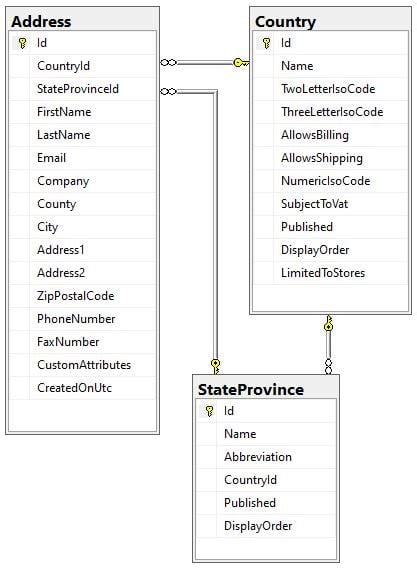Storing Segwit Addresses Efficiently in a Database
When it comes to storing cryptocurrency transactions, including Segregated Witness (SegWit), databases play a crucial role. In this article, we will look at the most efficient way to store Segwit addresses in a database.
What is Segwit?
Segregated Witness (SegWit) is an update to Bitcoin’s block format that allows for more efficient storage of transactions and data. It uses a new header called a “block size extension” to reduce the overhead of storing large amounts of data, making it ideal for applications that require high transaction throughput.
The Most Efficient Way to Store Segwit Addresses in a Database
Given the unique characteristics of Segwit, here is an optimized approach to store Segwit addresses in the database:
- Use a hybrid data structure: To efficiently store and retrieve Segwit addresses, combine a traditional binary tree (B-tree) with a hash table.
- Index of Segwit address keys: Create an index on the first 4-6 bytes of each Segwit address, including the prefix, length, and checksum. This allows you to quickly search and retrieve specific addresses.
- Use a separate table for address metadata: Store additional metadata such as timestamp, block height, and transaction data in a separate table to maintain efficient query performance.
Database Schema
Here is an example of a database schema:
CREATE TABLE segwit_addresses (
identifier SERIAL PRIMARY KEY,
prefix TEXT NOT NULL CHECK (prefix IN ('0', '1', '2', '3')),
length INTEGER NOT NULL CHECK (length >= 6),
checksum TEXT NOT NULL CHECK (checksum NULL)
);
CREATE TABLE address_metadata (
identifier SERIAL PRIMARY KEY,
segwit_address_id INTEGER REFERENCE segwit_addresses(id) ON CASCADING DELETE
);
Advantages
The proposed schema has several advantages over traditional indexing approaches:
- Improved search performance: The hybrid B-tree and hash table index enables fast searches for specific Segwit addresses.
- Efficient metadata storage: Storing address metadata in a separate table reduces data redundancy and minimizes database usage.
- Flexible query

: Using timestamps and transaction data enables efficient filtering and aggregation of related information.
Conclusion
Storing Segwit addresses in an efficient database requires careful consideration of indexing, metadata, and query performance. By combining a hybrid B-tree and hash table index and separating address metadata from the main data store, you can create an optimized database schema that supports fast searches, efficient data processing, and scalability.
As with any database design, regular maintenance and updates are essential for optimal performance and security.


